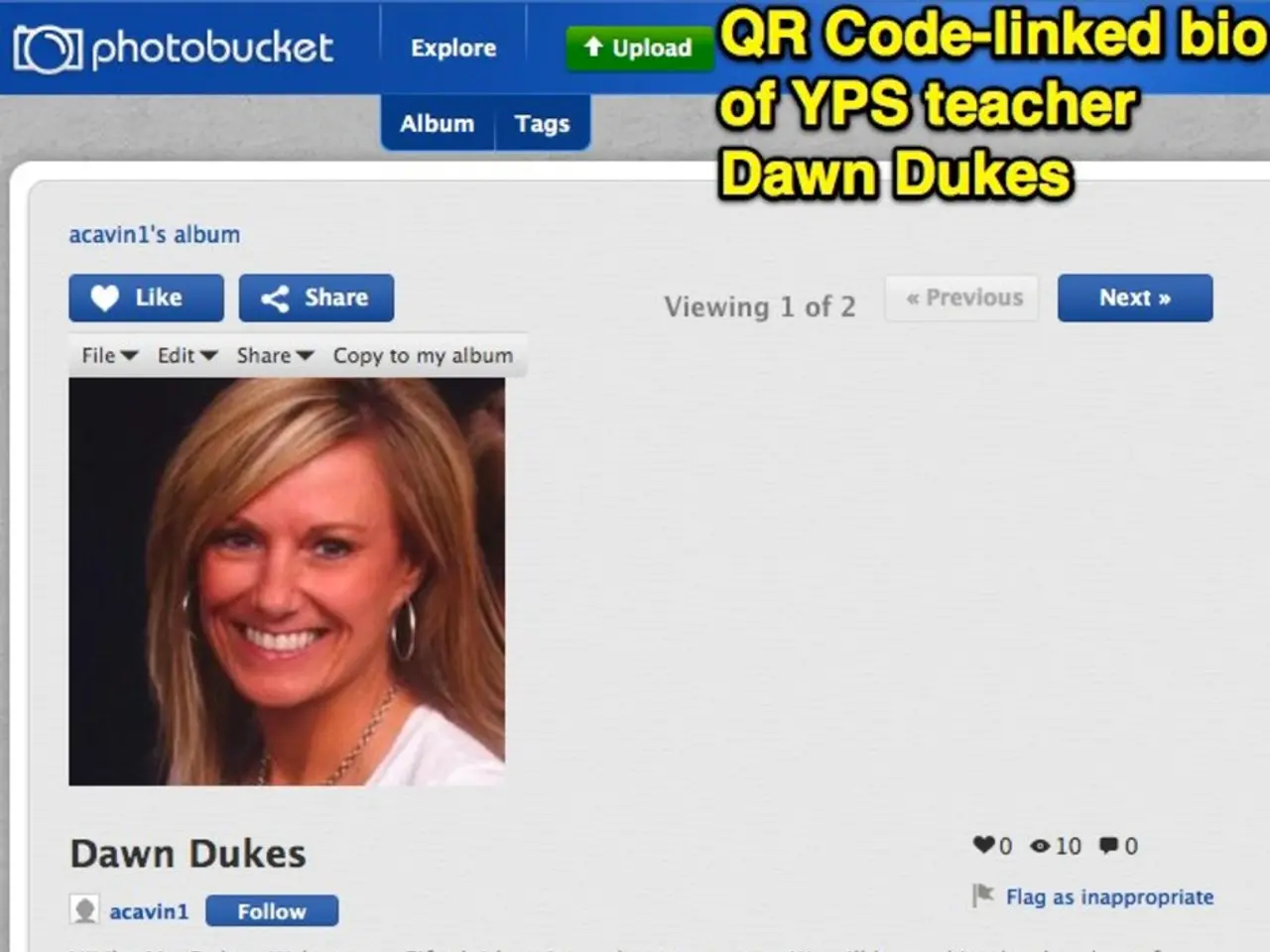Selecting the Optimal Social Media Platform for Your Business: A Comprehensive Guide
In today's digital age, selecting the right social media platforms is crucial for businesses aiming to reach their ideal audience and boost their brand. Here's a step-by-step approach to help you make informed decisions.
1. Identify Your Target Audience and Their Preferred Platforms
Different social media platforms attract distinct user bases. For example:
- Instagram (2 billion monthly users) suits lifestyle businesses and online stores, favouring visual content like posts, stories, and reels.
- TikTok (1.84 billion users) targets trend-focused and younger demographics with video-based content.
- LinkedIn is ideal for B2B marketing due to its professional user base.
- Facebook (2.8 billion monthly users) has broad reach and community-building strength but may require paid ads for high visibility.
2. Match Content Type to Platform Strengths
Platforms vary in preferred content types:
- Text and timely updates: X (formerly Twitter).
- Visual storytelling and product showcase: Instagram, Pinterest.
- Video content and live streams: YouTube, TikTok, Instagram Stories/Reels.
- Community-driven discussions: Reddit.
3. Consider Engagement and Interaction Styles
Some platforms facilitate real-time conversations and trending topics (X), others foster community and group engagement (Facebook Groups), while some emphasise user-generated content and peer recommendations (Pinterest, Reddit).
4. Assess Each Platform’s Pros and Cons in Context
Examples:
- Facebook: Massive global reach, great for community building; con—organic reach is limited without advertising.
- TikTok: Highly engaging with younger users; con—rapidly changing trends require agile content strategies.
- LinkedIn: Best for professional networking and B2B; con—less effective for direct consumer sales.
5. Evaluate Social Selling Tools and Integration
Platforms and third-party tools like Pixlee TurnTo or Tagembed allow businesses to leverage social proof and create shoppable feeds, enhancing product discovery and conversions on platforms supporting visual and video content.
6. Factor in Management and Analytics Tools
Consider ease of management and analytics capability through social media management software, which can help streamline content scheduling and monitor results. Look for tools with clear onboarding, strong customer support, and value for money that fit your team’s skill level.
By following these steps, you create a profile of which platforms best align with your business’s audience, content style, and marketing objectives, while also understanding inherent trade-offs such as audience reach, engagement type, and operational complexity. This multifaceted evaluation ensures selecting social media platforms that maximise your marketing ROI while fitting your unique business needs.
Bonus Tip: The Book "Tweet Naked" by Scott Levy
If you're an entrepreneur looking to craft a successful social media strategy, consider reading "Tweet Naked" by Scott Levy. This book provides critical information that can help boost your brand and business. Currently, you can buy the book with a 60% discount using code SOCIAL2021 through 5/27/21.
Read also:
- EA Relies on Madden and Battlefield to Drive Microtransactions Recovery
- Expense for Creating a Digital Platform for Fantasy Sports
- AI-Enhanced Battery-Swapping Station in Southeast Asia Officially Opens Its Doors
- Honda unveils blueprint for design, advanced driver assistance systems, electric vehicles, fuel efficiency, and technology development








